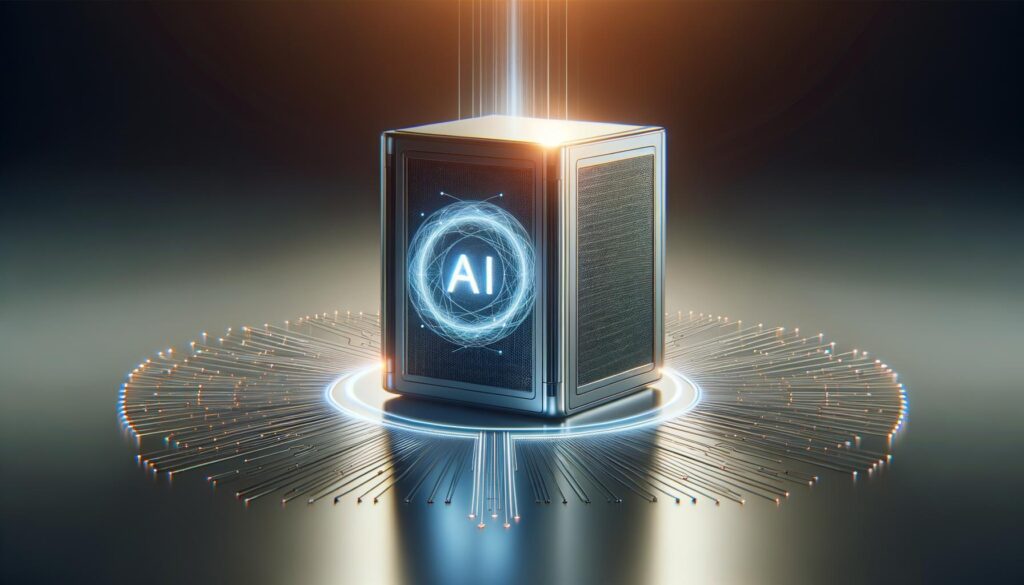Unlocking the Future: An Insight into Artificial Intelligence Courses
Understanding the Basics of AI
Artificial Intelligence (AI) is a transformative technology that is reshaping industries and redefining the way we live and work. Understanding the basics of AI is crucial for anyone looking to delve into this field. AI courses typically start with foundational concepts such as machine learning, neural networks, and natural language processing. These foundational elements are essential for building more advanced AI systems. Courses often cover the history of AI, providing context on its evolution and its current applications. Students gain insights into how AI systems are designed to mimic human intelligence, enabling machines to perform tasks that typically require human cognition, such as visual perception, speech recognition, and decision-making.

The Curriculum: What to Expect
An AI course usually offers a comprehensive curriculum that covers a wide array of topics. These courses are structured to provide both theoretical knowledge and practical skills. Students can expect to engage in topics such as:
- Data Analysis: Understanding and manipulating data is critical for AI applications.
- Algorithm Design: Learning how to design algorithms that can learn from and adapt to new information.
- Programming: Courses often include coding in languages such as Python, which is widely used in AI development.
- Ethical Considerations: Understanding the ethical implications of AI technology is increasingly important.
Through a combination of lectures, hands-on projects, and collaborative work, students develop a robust understanding of AI technologies.
Practical Applications and Projects
A significant component of AI courses is the focus on practical applications. Students often work on projects that allow them to apply theoretical knowledge to real-world scenarios. These projects can range from developing simple AI models to creating sophisticated systems that solve complex problems. For instance, students might design a chatbot, create image recognition software, or develop predictive analytics models. These hands-on projects not only reinforce learning but also provide students with a portfolio of work that can be showcased to potential employers.
Benefits of Taking an AI Course
Enrolling in an AI course offers numerous benefits. Firstly, it equips students with skills that are highly sought after in various industries, from technology and healthcare to finance and beyond. AI expertise opens up career opportunities in roles such as AI developer, data scientist, and machine learning engineer. Additionally, AI courses foster critical thinking and problem-solving skills, which are valuable in any professional setting. Students gain the ability to approach problems systematically and devise innovative solutions. Moreover, understanding AI technology can provide a competitive edge in the job market, as businesses increasingly seek to integrate AI into their operations.
Choosing the Right AI Course
With a plethora of AI courses available, selecting the right one can be challenging. Prospective students should consider factors such as the course curriculum, the expertise of the instructors, and the balance between theory and practical application. It is also important to evaluate the course format—whether it is online, in-person, or a hybrid model—and how it fits with one’s learning style and schedule. Accreditation and industry recognition of the course can also be crucial factors. By carefully evaluating these aspects, students can choose a course that aligns with their career goals and personal interests, paving the way for success in the dynamic field of artificial intelligence.
